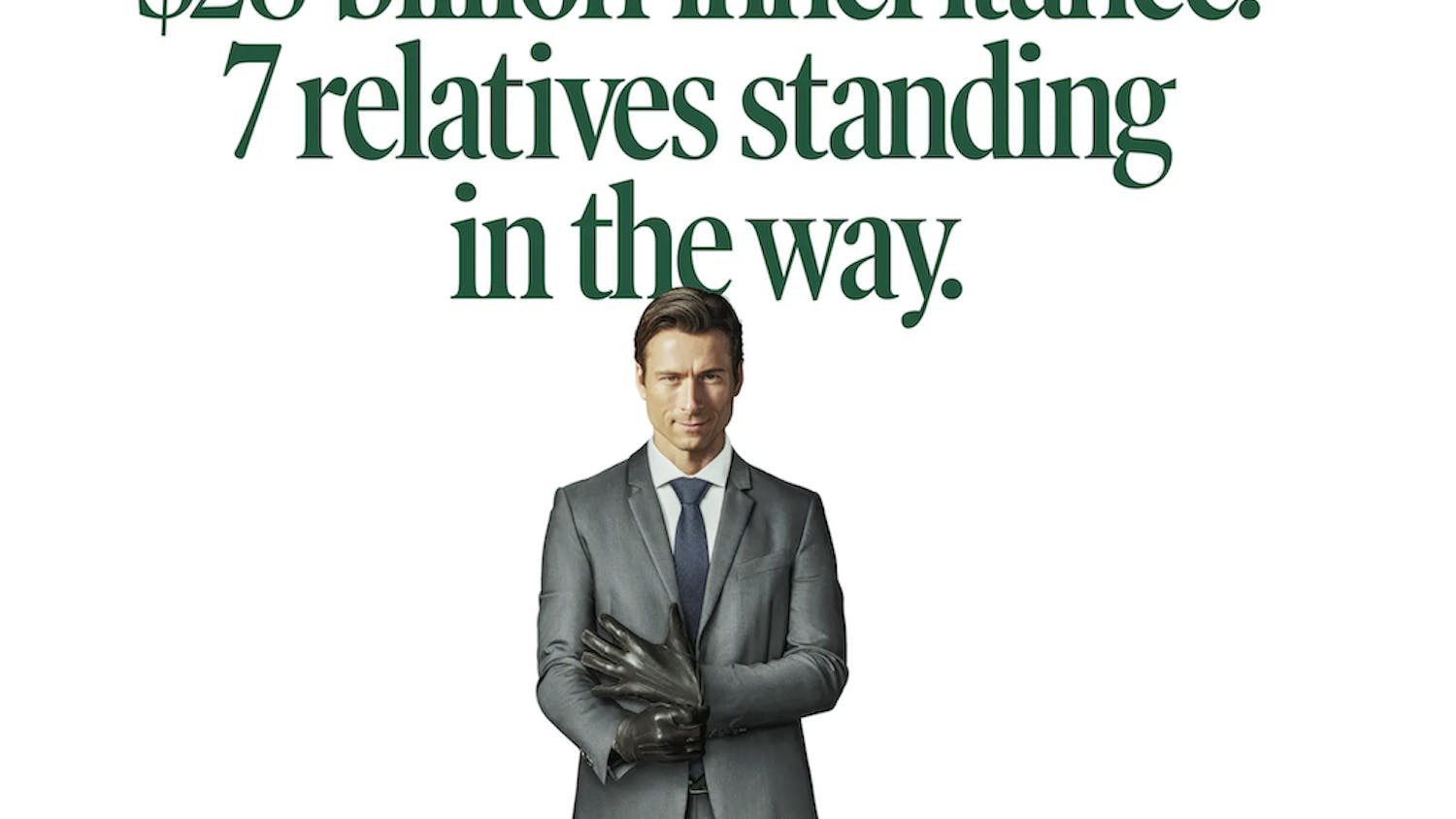In the mid-to-late ’90s, it looked as if the market for comic books was headed for collapse — not a temporary downtick, but its demise.
In 1992’s Superman 75, DC Comics killed Superman, which alongside other “milestone” events and publishers trying to dub those events as “collectible,” gave rise to a market of speculation. People would buy up a disproportionately large quantity of an anticipated issue with intention of selling them for a profit later.
In response to that artificially inflated demand, the supply side of the market exploded — existing and new publishers flooded shelves. The entrance of small upstart retailers with insufficient knowledge of the medium created a moral dilemma for distributors, who choose to let uninformed sellers over-buy comics to make themselves money in the short term.
If you’ve ever taken an economics class, you know this is headed in a bad direction. People were going to lose money. DC brought back Superman, undercutting the value of Superman 75 and all similar “milestone” comics for that matter. Marvel reported losses of $48.5 million dollars in 1994 and then filed for bankruptcy in 1996. The comic book industry wouldn’t recover for years.
Fast forward to the present day. Avengers: Endgame comes out tonight and I believe it’s going to be the biggest, and quite possibly best, movie ever . . . like, of all time. We’ll get to that in a second. First, let’s take a look at how we got here.
Before the turn of the 21st century, comic book movies hadn’t fared well. The early 2000s were a glimmer of hope — X-Men (2000), X2 (2003) and the first two films in Sam Raimi and Toby Maguire’s Spider-Man run (2002 and 2004) all outperformed projections. Then Christopher Nolan made Batman Begins (2005) and The Dark Knight (2008), which were . . . um . . . good, to say the least. Hiccups were still common, though — Elektra (2005), Spider-Man 3 (2007), Green Lantern (2011) — but there was something to this whole comic thing. People were responding to these movies.
Two months and 16 days before The Dark Knight’s release, the Marvel Cinematic Universe launched when Samuel L. Jackson’s Nick Fury appeared in a post-credits scene (at that time this was still an oddity) in Iron Man (2008), recruiting the newly publicly outed hero Tony Stark to join the “Avengers Initiative.”
“You think you’re the only super-hero in the world?” Fury asked that question as if he were speaking directly to the audience. He was putting together a team and we’ve spent the last decade meeting these heroes, learning who they are, where they’ve come from and what they’ve done. We’ve seen 20 films since then — three Iron Man’s, three Thor’s, three Captain America’s, two Guardians of the Galaxy’s, two Ant-Man’s, one each of Hulk, Doctor Strange, Spider-Man, Black Panther and Captain Marvel and three Avengers (the flag under which our heroes team up) — only two of which I’ve deemed unworthy of a second viewing, those being Thor: The Dark World (2013) and Guardians of the Galaxy Vol. 2 (2017), which made $645 million and $864 million dollars, respectively.
Now, I know that using money as an indicator of success for movies is incredibly problematic. However, if we can put aside the quashing of creativity that hunger for cash often brings about and look at what Marvel has done here in terms of sheer numbers for just a moment, it’s almost incomprehensible. When looking at all 21 movies to date, the MCU has grossed more than $18 billion dollars. That’s billion with a “b.” According to the International Monetary Fund’s data from this time last year, if the MCU were a country it would sit just between Mali and Gabon in terms of GDP. Interestingly, it’s also right above the country of Georgia (and far below the state of Georgia). Go Dawgs.
At present, MCU films sit at spots #4 (Infinity War), #6 (Avengers), #8 (Age of Ultron), #9 (Black Panther), #17 (Iron Man 3), #19 (Captain America: Civil War) and #25 (Captain Marvel, released just a month and a half ago) in all-time worldwide box office records. Atop that list are 2009’s Avatar (yes, the one with the blue people), 1997’s Titanic and 2015’s Star Wars: The Force Awakens, but I believe every one of these films is about to take one step down. Avengers: Endgame comes out today.
I don’t just think Endgame is going to beat Avatar — I don’t think it’s going to be close. I think this is finally going to top the long-awaited $3 billion-dollar mark. It will have both the opening momentum and the long-term staying power to set a box office record that could very well never be challenged. I’m talking Barry Bonds’s 73-home-run season and Wilt Chamberlain’s 100-point game. As I and millions of people across the world walk into theaters tonight, we will be on hallowed ground.
Whether or not you like what these Marvel movies have done to cinema, in 100 years we will look back at this event and the unparalleled success of the MCU’s run as having as distinct a mark on the medium as did the introduction of color to film 100 years ago. Cinema has been serialized.
Endgame is less a standalone film than it is a series finale, which brings me to the more controversial of my two predications: This is going to be among the best movies of all time. I’m no longer talking Avatar, Titanic and Star Wars, but rather The Godfather, The Shawshank Redemption, Citizen Kane and Pulp Fiction. And while to the uninitiated, I’ve now used my first two columns — the first of which I used to argue why Spider-Man: Into the Spider-Verse was the best film to hit theaters last year — to entirely discount myself as someone whose opinions on movies should be taken seriously, this point is not a hollow one.
I have heard it before — “superhero movies just aren’t for me” and “I wish I could be a little more stupid so I could enjoy them” — but I would argue that these 22 films have been among the most accessible and inherently cinematic to ever grace the silver screen. What’s so beautiful about the Marvel movies is that almost any person in the world regardless of age, gender or race can walk into a theater in any mood and walk out feeling as if they can touch the sky.
And all of that is coming to a head. “We’re in the endgame now.” Tonight, the world will see whether or not Kevin Feige, President of Marvel Studios, can cash a check that no one else in the history of cinema has ever even dared to write, and if early accounts are to be believed, he can.
In this movie’s very nature is the potential to play the heartstrings of its viewers in ways we’ve never experienced, and if I can get a little more philosophical and forward-thinking for a moment, that’s what I hope a future generation of filmmakers will take away from it. What’s made these movies so truly special is not their jaw-dropping action — though that’s certainly helped put butts in seats — but rather their emotion. Like I said earlier, by this point I have known these characters better and longer than I have most people in my life, and no matter what happens, this movie is going to hurt.
I was in elementary school when I saw Iron Man, and these films have been near the forefront of my relationship with popular culture since. This movie is in a position to be an emotional crux of my 21st year on Earth, one in which I’ve started to see glimpses of the man I might be when my kids are this age. God-damn it do I need this movie to deliver.
I’ve run out of words. I’ll see y’all next time.
Nick Smith is a junior in the College of Arts and Sciences. He can be reached at nsmith@cornellsun.com. Media Relations runs alternating Thursdays this semester.











